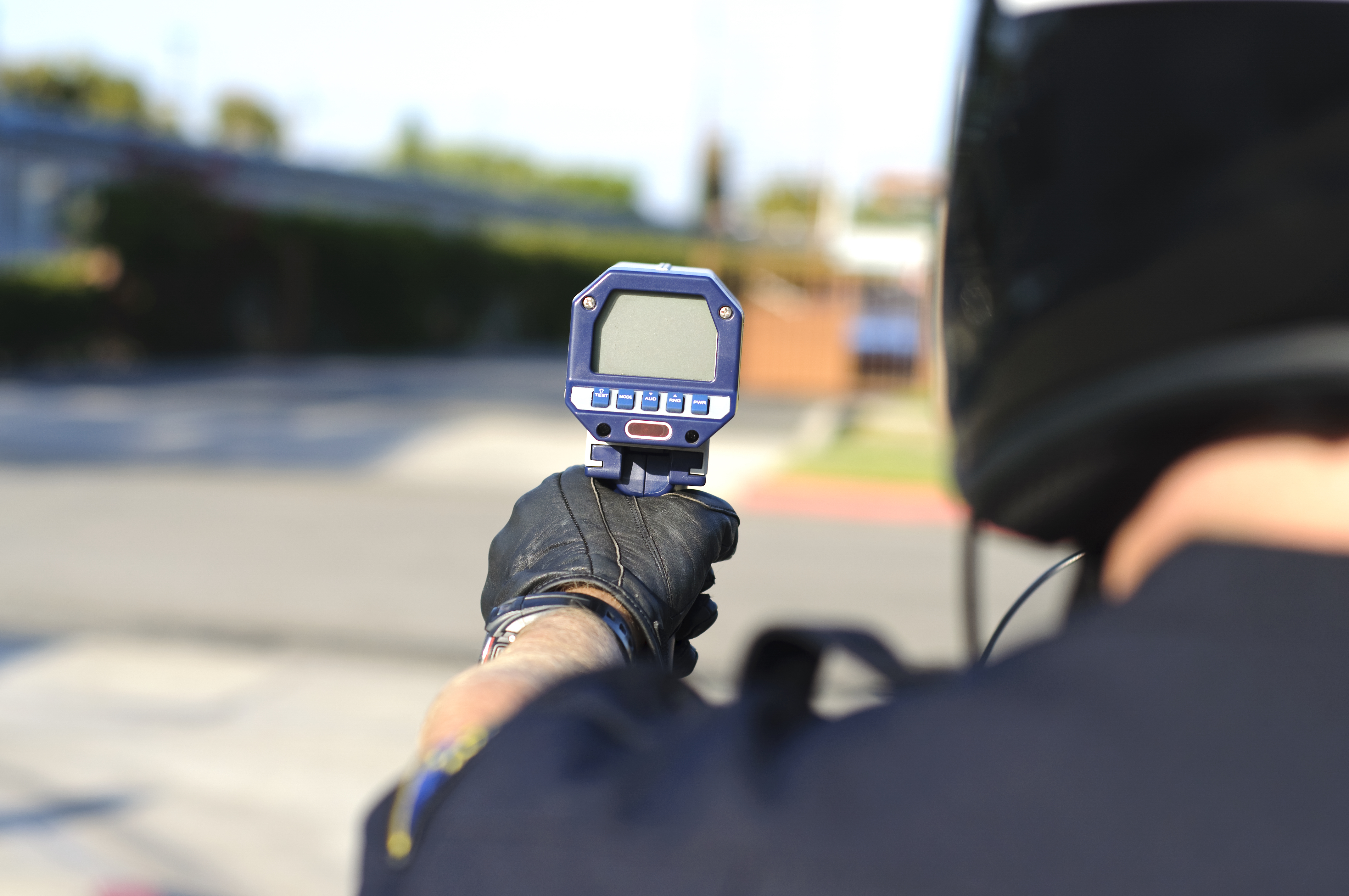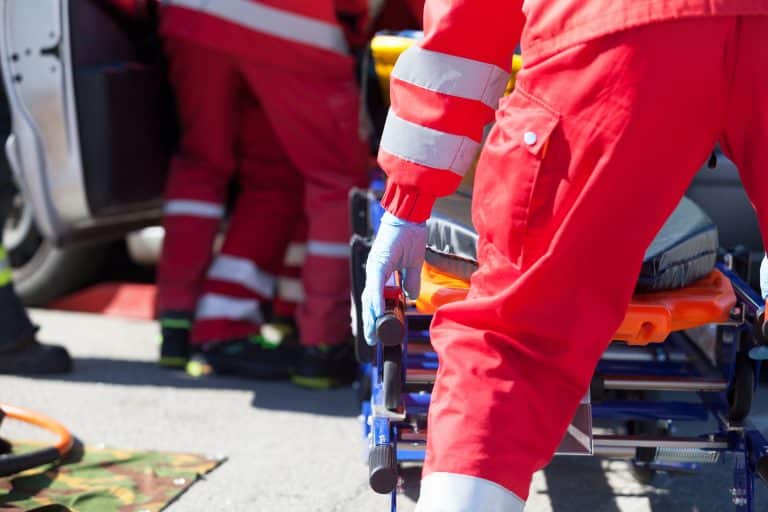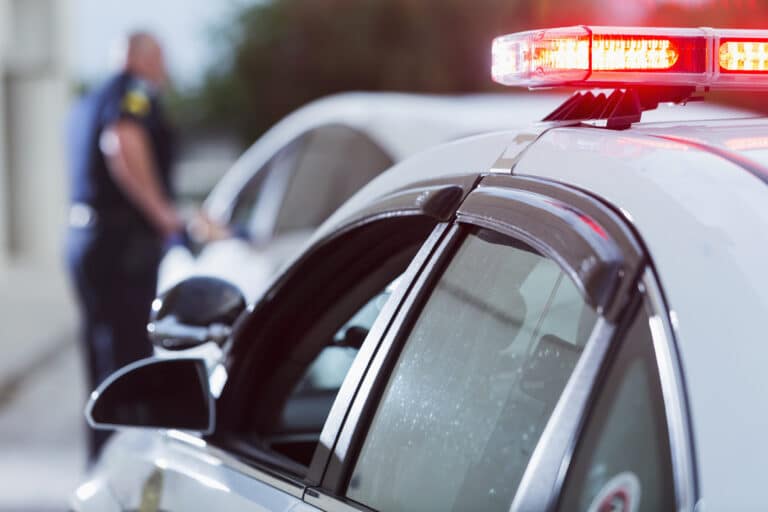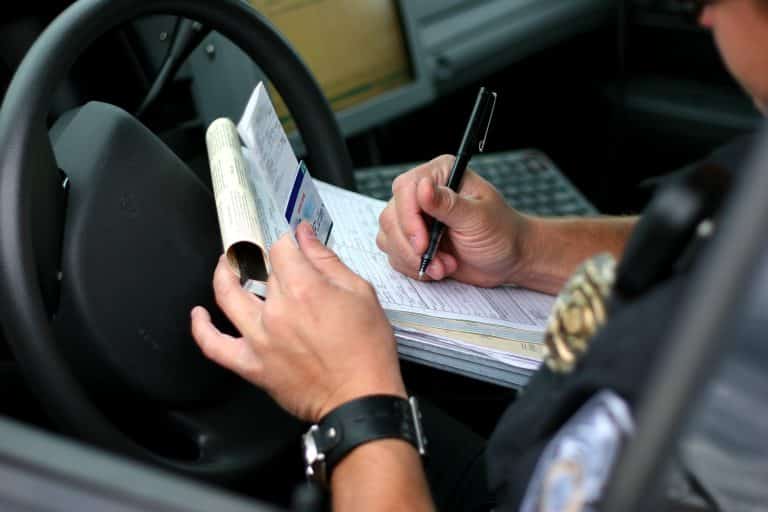A lot of drivers don’t really understand speed radar, how it works, and how it affects a speeding ticket. This leads to a lot of bad advice and misinformation on how to fight a speeding ticket when a radar gun is involved. Here’s a quick reality check on police and speed radar.
Radar Guns Can Reach Up to 1 Mile
I’m told that radar guns have an unlimited range. In a practical sense, though, they usually reach about 1 mile. What this means is that, for the most part, the radar gun is going to tag a vehicle long before the driver notices police. That said, the larger the vehicle, the quicker the radar waves will be received. Smaller vehicles can take slightly longer to reflect back.
Radar Detectors Can Work (But Aren’t Always Useful)
When I was young, before I became a police officer, I had a radar detector in my car to warn me if I was approaching a speed trap. A lot of people who use radar detectors swear by them.
Truth is, they only work when the radar gun is continuously on. That seems obvious, but drivers don’t realize that many cops won’t pull the trigger on the radar gun until they see a driver whose speed they want to check. When that happens, the detector isn’t going to go off until it’s too late.
Most drivers are allowed to have radar detectors. They are not illegal—unless you are driving a commercial vehicle or any vehicle over 18,000 lbs.
Slowing Down Doesn’t Necessarily Help
As mentioned earlier, a radar gun can tag a person from far away. So if you slow down when you see a police vehicle, it’s probably too late to avoid a speeding ticket (but you should do it anyway).
By the same token, if your radar detector starts beeping, it means the radar is on you. This, in turn, means your speed has already been monitored. Again, if you slow down at this point—which you should do from a safety standpoint anyway—it’s not necessarily going to help you avoid a speeding ticket.
Cops Calibrate Radar Guns Often
One of the biggest misconceptions about radar guns is that a person can ask an officer in court highly technical questions about the calibration and maintenance process of a radar gun. The goal, it seems, is to trip up the officer and discredit him or her. Some websites even offer links to manuals for different radar guns that police often use.
But cops are onto this. Unless the officer is a rookie, he or she can probably recite any relevant technical information about the radar gun from memory. It’s unlikely the average person can ask a question in court that will stump an officer and get the ticket tossed.
Cops Don’t Need Radar Guns
Generally speaking, a police officer’s visual estimate of a driver’s speed is considered admissible in court. That’s because a lot of cops are trained to estimate speeds. Those whose skills are really sharp can identify a car’s speed within 2 or 3 miles per hour.
So what often happens is, an officer will estimate a vehicle’s speed and then use a radar gun to confirm it. This one-two combination is rock solid and hard to beat in court.
Evidence Helps, But Be Prepared to Part with It
The big thing that some drivers do now to beat a speeding ticket is to submit dashcam video or screen grabs from a GPS app as evidence that the officer or the radar gun was wrong. If the evidence supports the driver’s claims, this can be a winning strategy.
The one caveat is that anything you submit as evidence will be in the hands of the court for at least a month while it is reviewed. You don’t want to have to hand over your phone or dashcam. So be sure to print out any photos or bring a video on a remote drive when possible.





